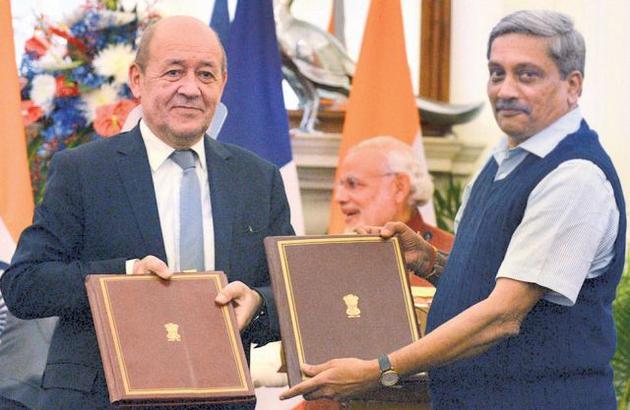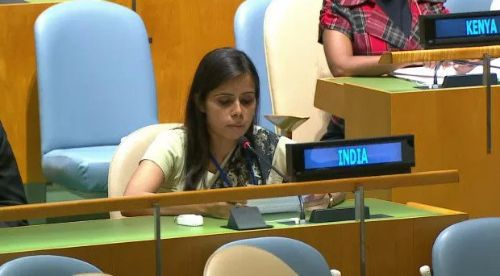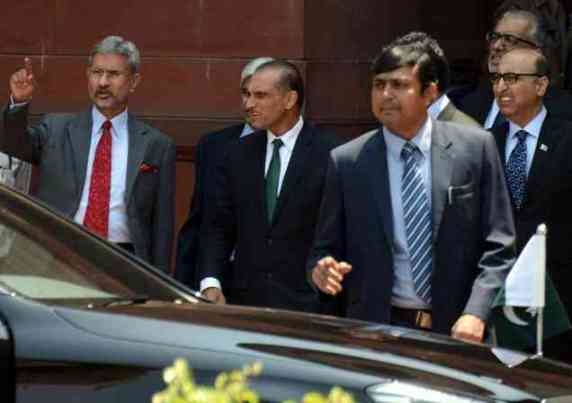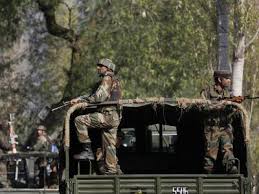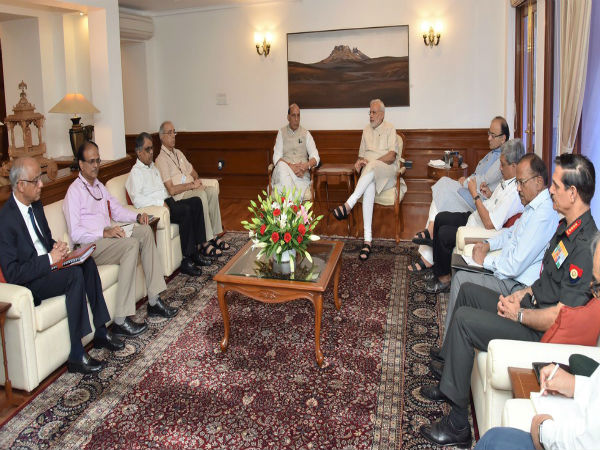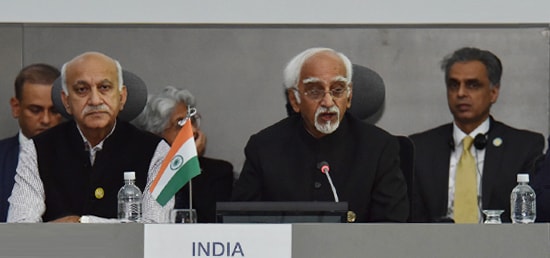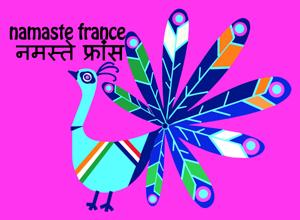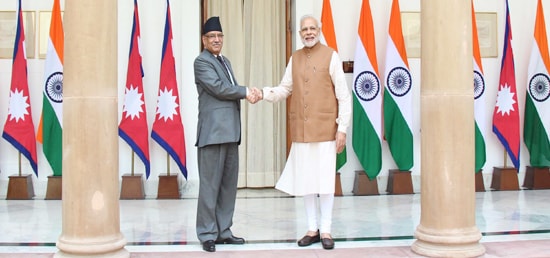
Syria: The Cease-Fire that was and wasn’t
On 10 September 2016, US Secretary of State John Kerry and his Russian counterpart Sergey Lavrov announced a cease-fire agreement in Geneva following negotiations that lasted over ten months. The agreement was not a cease-fire between Russia and the US, but one between their proxies. Russia was answerable for President Bashar Assad and his allies that include Russia. The US was responsible for the ‘moderate’ rebels supported by the West and its allies. The two major rebel groups, ISIL and Jabhat Fateh al-Sham, were excluded from the cease-fire. Since the cease-fire has been violated a number of times, one may assume that those who signed the agreement did not have full control over those who fire.
Read More
